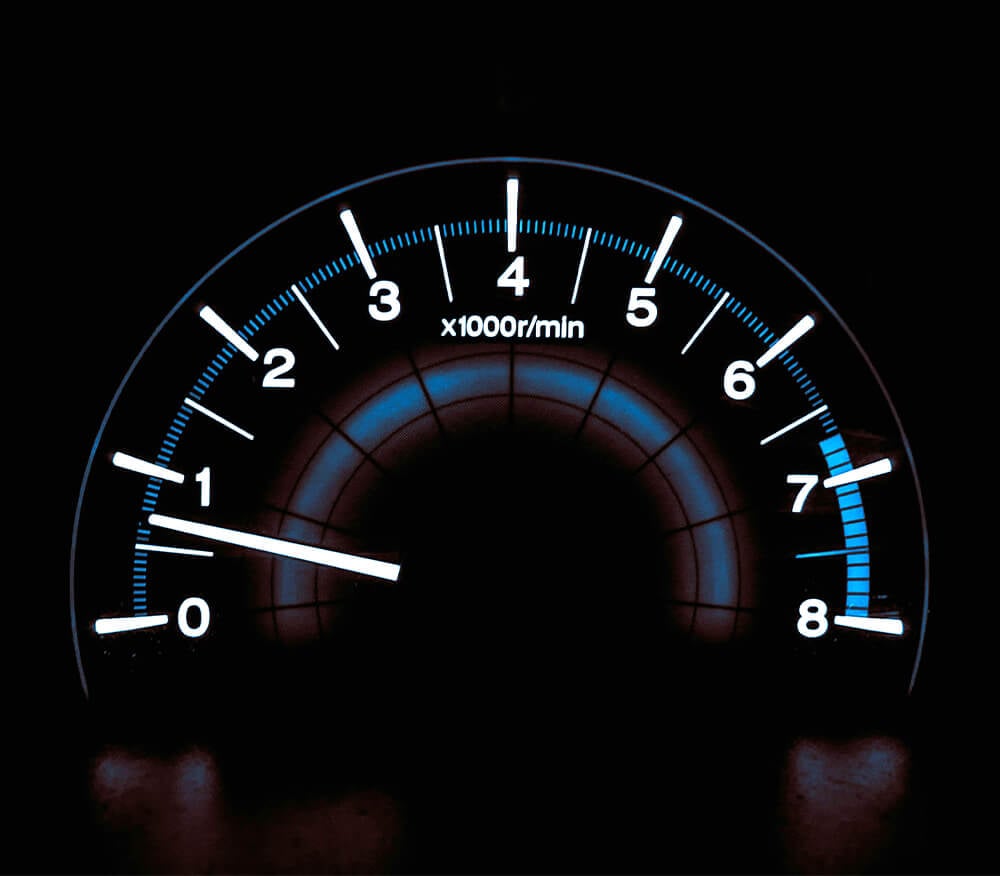Table of Contents
Credit scores are an important factor for lenders in determining to offer a small business loan to an applicant. To lenders, your credit score reflects how well you handle money. They may interpret a low credit score as an applicant not possessing the proper skills to manage finances.
Can I get a business loan with a poor credit score?
If you have a poor credit score, you can still qualify for a small business loan. You’ll have to meet a number of different business loan requirements, which depend on the loan product you want. Risk appetite varies from one lender to another. Banks tend to have lower risk appetites meaning it may be more difficult for you to meet their criteria. Alternative lenders tend to have higher risk appetites and may take-on clients with poor credit scores. But more often than not, they will still have a minimum credit score which will form part of eligibility. Lenders may use risk-based pricing, meaning you get a higher or lower interest rate depending on your credit score.
How easy is it to get loans with a good credit score?
Traditional lenders tend to be more conservative, and will only take-on clients with excellent and good credit scores. If your business falls within this category you can apply from almost every lender. However, you need to consider which will offer the simplest application process, best interest rate, and the quickest turnaround times. Banks tend to be slow and the application process tends to be laborious. Requiring a lot of paperwork as compared to fintech lenders like Bridgement which allows you to apply online in minutes.
Factors that go into a business credit profile include the personal credit scores of directors. In addition, the age and industry of your business, and your trade history. Credit scores are a crucial factor in the loan underwriting process since they help determine the trustworthiness of a borrower. The more creditworthy the borrower, the less risk that borrower poses to the lender. On the other hand, business owners with lower credit scores might have a tougher time securing the loans they want.
There is no one-size-fits-all when it comes to small business loans. Every type of loan and every lending institution will require a different minimum credit score to consider a borrower’s eligibility. With that in mind, it’s worth looking at the minimum credit scores required for each loan type.
Is there a minimum Credit Score for a Small Business Loan Eligibility?
Technically, no. But for specific types of loans, lenders strongly prefer to see your credit score in a certain ballpark. What we mean by “ballpark” is that there are no specific credit score numbers that are held as hard-and-fast rules. Every loan application is evaluated on a case-by-case basis. And every borrower is approved or denied based on a combination of factors in their application.
But assuming your other credentials meet or exceed the lender’s other standard requirements. Factors such as time in business and annual revenue. Then there are minimum credit scores you should aim to have in order to be eligible for different types of small business loans.
Applying for a Business Loan With Your Credit Score
The stronger both your personal and business credit score, the easier it is to get a business loan. But your credit score doesn’t only determine your eligibility for a given small business loan. It also determines the terms that your business loan will ultimately come with: think loan amount and repayment schedules.
Of course, your other credentials—like how long you’ve been in business. Your annual revenue, and your trade history—might affect your business loan options and terms. Nevertheless, your personal and business credit score will often be the biggest factor in determining your funding search.
What is a good credit score for a loan?
Most lenders will be willing to work with you if you have a company credit score of 660 or higher. Excellent credit score like this opens up small business loan options like fintechs, bank loans, bank business lines of credit. You are considered to be a minimum risk if your credit score is above 660.
If you have a credit score that is less than 660. You might still have a good chance if your score is between 635 – 659. This level is considered to be low risk. Most lenders incline themselves to get into business with a score at this level.
A score between 620 – 634 is viewed as average risk. A number of lenders may be willing to entertain such a business. The business will, however, need to demonstrate strong business and financial management capabilities. If your business is in this range. It’s still worth applying. A number of lenders–especially alternative lenders and fintechs–will probably entertain your application.
Scores less than 619 are considered high risk. Getting a small business loan with such a score may prove to be difficult. While it is worth trying your luck and applying, you might also want to consider other types of business funding which are more appropriate than a business loan. See this article to learn about the different types of business funding in South Africa.






